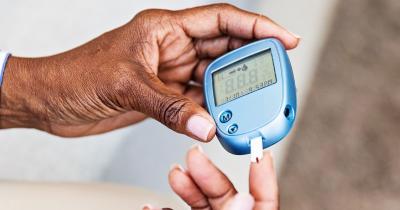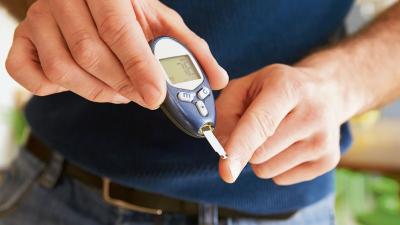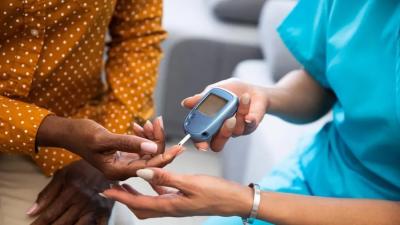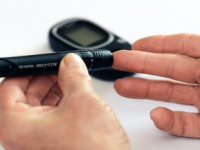Why are 100 crore Diabetes patients at risk in the next 25 years!
By Lokmat English Desk | Published: July 25, 2023 03:54 PM2023-07-25T15:54:13+5:302023-07-25T15:54:13+5:30

According to scientists, it is estimated that by the year 2050, there will be 1 billion (100 crore) diabetic patients worldwide. After scientists studied more than 27,000 data from 204 countries between 1990 and 2021.

The incidence of diabetes has increased rapidly in India. The number of diabetic patients in the country has crossed more than 101 million. In 2019, this number was up to 70 million, that is, more than 30 million people have become diabetic patients in three years.

Studies have found that among type 1 and type 2 diabetes, most cases will be type 2 diabetes. Type 1 diabetes is an autoimmune disease in which the body cannot produce insulin and is most often seen in children.

Whereas type 2 diabetes is a condition where insulin resistance develops gradually and usually occurs in adults and can be controlled. Learn from the doctor how to prevent diabetes and what are the risks of this disease.

Diabetes is a silent killer disease, which slowly destroys the body. There are many complications associated with this. Diabetes patients are at high risk of heart disease, stroke, low vision, leg ulcers.

Scientists have given two main reasons for the increase in diabetes, namely age and obesity. Researchers believe that people's BMI (obesity) is increasing due to sedentary lifestyle and wrong eating habits. Obesity can cause this disease.

Excessive consumption of high-calorie foods, lack of money for healthy foods, high consumption of highly processed foods, high consumption of fat and sugar, high consumption of meat, lack of physical activity contribute to obesity.

What to do to reduce diabetes - reduce fat, increase fiber intake and eat whole grains, take short breaks instead of sitting for long periods at work, try to walk daily, exercise at least 30 minutes daily

Watch out for this diabetes symptom - excessive thirst, feeling tired all the time, unnecessary weight loss, poor or blurred vision, frequent urination.























